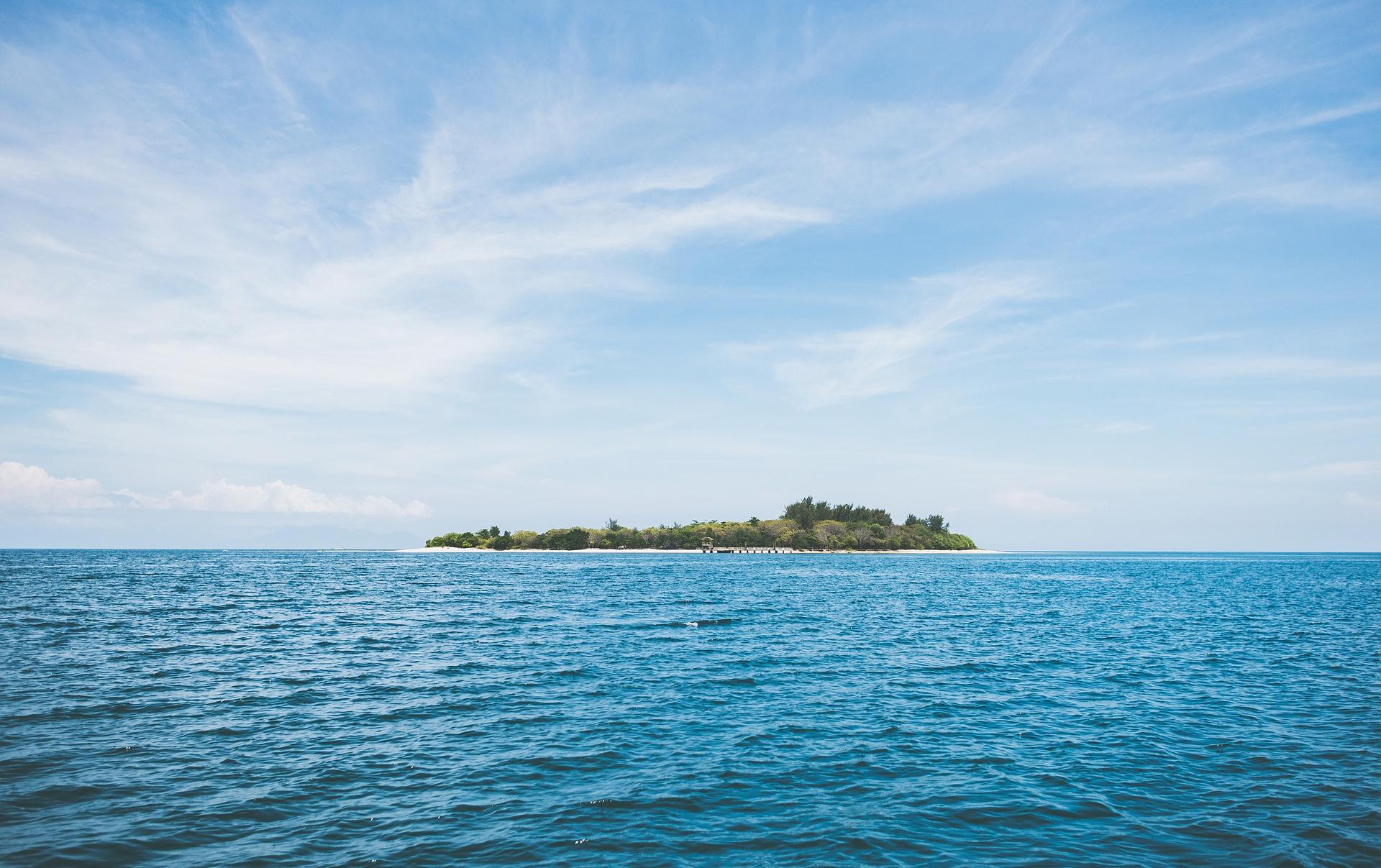OECS to hold Blue Economy Seminars in Member States
The sensitisation will create awareness on marine spatial planning and the Blue Economy in participating countries of the Caribbean Regional Oceanscape Project (CROP)
Transitioning to a Blue Economy is critical to ensuring continued economic growth in the Organisation of Eastern Caribbean States (OECS), given that the marine space of small island states is significantly larger than their land mass and clearly a substantial asset.
With this in mind, the OECS embraces transition to a Blue Economy, enunciating that the region’s marine and coastal assets offer an unprecedented opportunity for strengthening the region’s economy, and closing the gap on poverty and unemployment rates.
To begin to create an enabling environment for transitioning to a Blue Economy the OECS Authority adopted the Eastern Caribbean Regional Ocean Policy (ECROP) in 2013 inclusive of policies, goals, priorities and strategic actions which provide the framework for the CROP.
On October 14, 2017, a Grant Agreement for the Caribbean Regional Oceanscape Project (CROP) was signed between the International Bank for Reconstruction and Development, acting as an Implementing Agency of the Global Environment Facility, and the OECS. The relating grant is USD6.3 million and for the benefit of five participating Member States, namely: Dominica, Grenada, Saint Kitts and Nevis, Saint Lucia, and Saint Vincent and the Grenadines.
The CROP is designed to contribute to the implementation of the ECROP by strengthening capacity for ocean governance, and coastal and marine spatial planning in the participating countries. Outputs under the CROP include national ocean policies; coastal and marine spatial plans; and a regional marine spatial framework.
To begin to create some level of awareness on, and understanding of marine spatial planning and the Blue Economy concept prior to the commencement of related activities under the CROP, the OECS Commission is collaborating with the participant countries to hold 1-day National Seminars:
- Saint Lucia - November 5, 2018
- St Kitts and Nevis - November 7, 2018
- Grenada - November 9, 2018
- St Vincent and the Grenadines - November 12, 2018
- Dominica - November 15, 2018
A press conference will also be held once the seminar has concluded to facilitate direct engagement with the press on matters relating to marine spatial planning and the blue economy concept.
The public is asked to note these dates and if interested in participating, contact the OECS Commission at natasha.augustin@oecs.int; copy susanna.dscott@oecs.int.
 |
This story aligns with OECS Strategic Objective No.2: Resilience. |
.jpg)